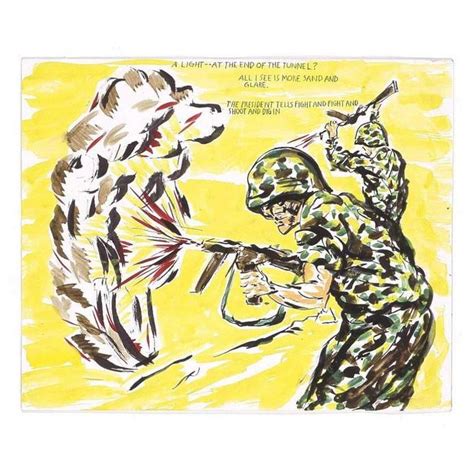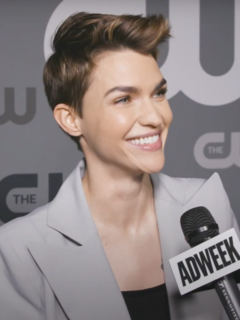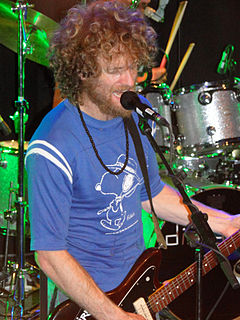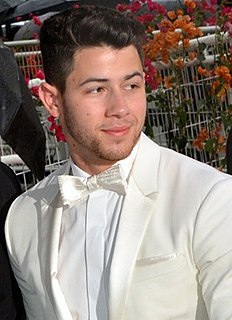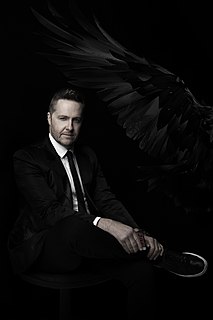A Quote by Jason Bateman
And I've always loved commercials. I like working out how to organically weave a brand's message into the writing process. It's like an improv show, where comics ask the audience to throw out a word and a skit is built around it.
Related Quotes
What social media has done - Facebook, Twitter - is show the audience. I don't have an audience. When I make my work, it just goes out into the ether. I have a thick skin and it just brings me down to earth, you know, to realize how out-there and far away and paltry the audience is that gets what I'm saying. It's depressing if I let it get to me. And it's the same with hanging a show, the way it's put up, like, three stories high and you can't read a single word.
I used to always throw in random questions. I'd have to ask about artist's single and their writing process, which I know is every artist's most-hated question, like, "Well what was ,your process?" And it's. like, "Well, I wrote this album." And then at the end I would throw in, like, "So, Seinfeld or Simpsons?" and they'd be so thrown, because everything else could be autopilot. All my greatest moments were from the most sporadic questions.
We always feel there are 3 parts to the song. The most important part is the reason it should exist. Our process usually consists of me sitting at the piano & Bob hovering over it. We throw ideas out...I start to play something...he'll hum something to make it better. He'll throw a line to me, I'll twist it to make it better and we scramble around like that for sometimes hours and days, 'til we both agree we've got something to show! That's how it works!
This is a world that's big enough for everyone. I like that message in that comes out of John Lasseter, and it comes out Pixar, it comes out of the Apple, Google, the Ben and Jerry's thing. These are American companies that send that message around that is good, that is healthy. And everyone goes, "That's the America I always believed in before Watergate."
And writing comedy and it really taught me how to kind of like craft jokes, it sounds like weird but really focus on crafting jokes and trying to make the writing really sharp. At the same time I did improv comedy in college, and that helped with understanding the performance aspect of comedy, you know, because it's different when you improv something vs. when you write it and they're both kind of part of my process now.
I've never been very comfortable as an actor looking out into the audience; I always like to keep my focus on the other person. When you start playing out to the audience, it takes me out of it, because people don't do that when you're in life behaving with another person - you don't often look out, around you, in a presentational manner.

